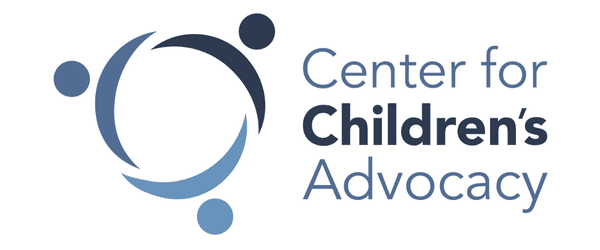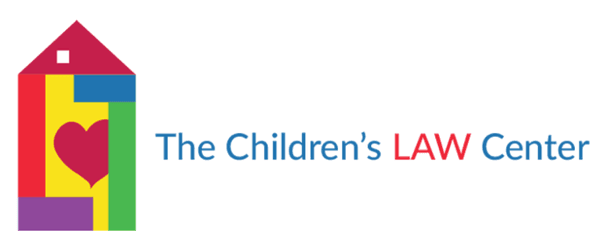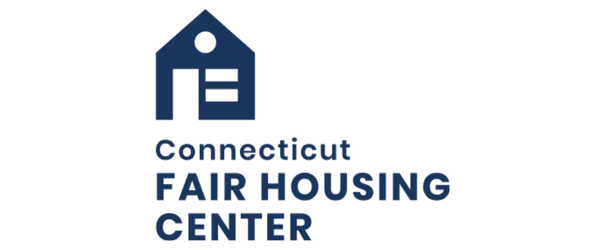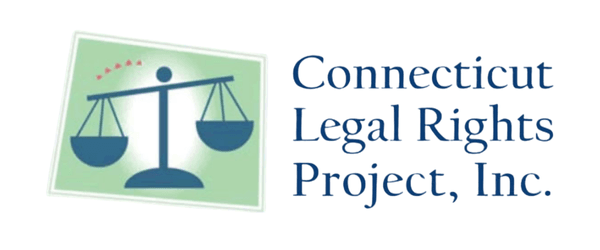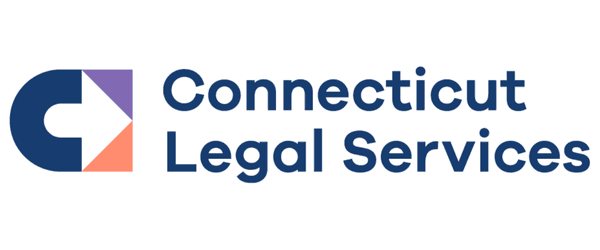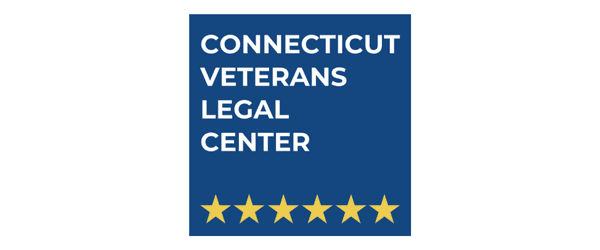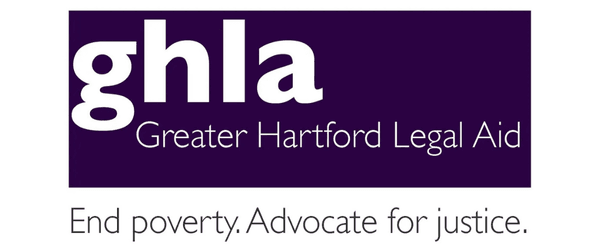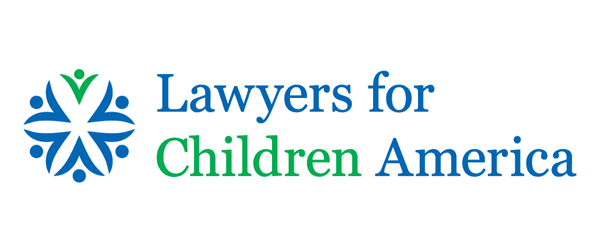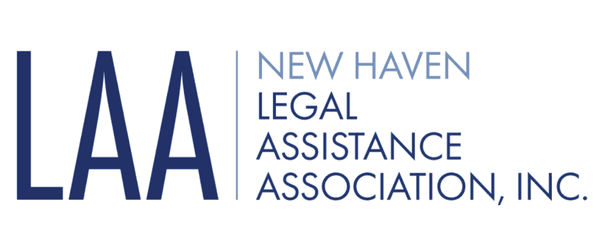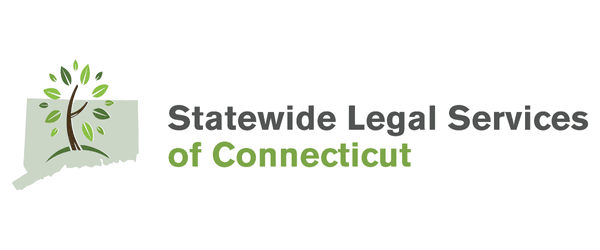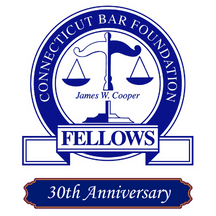
Fellows Spotlight
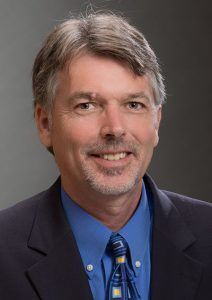
Attorney William "Bill" Logue
The Logue Group / Quinnipiac University School of Law
- Why did you choose the legal profession as a career?
Many members of my father’s generation were lawyers. Several of them continued to practice law or went into corporate practice, but several also went into public service. I saw law as a lens to help interpret and change society, so being a lawyer was something that I saw not as an end in itself, but I knew the skills and knowledge would help me in whichever path I chose–whether in law or after.
- What do you enjoy most about being an attorney?
I think it’s helped me understand the way our society works, and it’s given me a way of helping people work through systemic issues however I can.
- What is the biggest challenge you have faced in the legal profession?
When I got into dispute resolution, I didn't have a background as a litigator. I was also young and looked a lot younger than I was. Being seen as credible was something that I had to overcome through the way I held myself and, hopefully, the skills that I used. Now I'm on the other side of that, trying to help younger folks come along who might be facing some of the same issues. I’ve ended up doing legal education on a part-time basis for almost twenty years now, where I see the next generation and help them be reflective about how they practice.
- What do you like most about Connecticut?
I was born in Connecticut and have relatives here. I moved away then came back for law school, and I didn’t think I was going to stay, but it's been a wonderful place to raise my family. It’s also a size where, particularly in the legal profession, people tend to know each other–that builds bonds, familiarity, and hopefully a collective effort. It’s something I see in the Fellows and the Bar Foundation.
- Please share any community service you have participated in and are most proud of.
It’s probably my work with the fellows: being on the board, helping with symposia, and working on the efforts that help those in need of legal services because that's really the mission of the Bar Foundation. Also, I used to coach local sports teams and was treasurer of the local boys’ lacrosse team for a while.
- Why is the Fellows Program special to you?
It brings together people who care about the profession, legal services, and those in need of the services. It does that not only through the distribution of money to legal aid organizations and funding of those services but also the education and stimulation of dialogue around important issues. When I was asked to be a fellow, I looked at the criteria and thought, “There’s no way that I belong in this group. I’m not senior enough; I’m not experienced enough.” But then I started working on the Essay Committee, and then I became chair of the Essay Committee, and then I was on the Fellows Education Program Committee. In each and every one of those roles, you need people that are interested, committed, and enjoy what they do. It’s wonderful to be part of that kind of community.
- Please share any favorite Fellows-related memory (an event, a fellow Fellow, etc.), or tell us about your favorite Fellows program/event/committee that you attended or worked on.
I enjoyed working on the History of Women in Law a lot, but I think one of my favorite memories is the committee on the History of Attorneys of Color. They did a tenth-anniversary symposium years ago, and I borrowed the concept of creating a timeline–we created sheets that were around eight feet tall with events on them that had happened both nationally and worldwide for people of color. To see people lined up, reading them and taking it in, was gratifying.
- Do you have any thoughts about, or ideas or visions for, the future of the Fellows program?
I think it needs to continue doing many of the things it does. It needs to continue finding ways of promoting awareness amongst the Fellows of the overall mission of the Bar Foundation. The services that legal services providers offer are absolutely necessary, especially as the wealth gap is increasing. It’s going to require court fees, legislative appropriations, and collective support. Having the voices of Fellows behind those issues is critical, so my hope is that we continue to find a connection between the Fellows and the work of the Bar Foundation.
- Is there a fun fact about yourself that you would care to share with other Fellows?
I think some of my dispute resolution skills came from managing a bar when I was in my early twenties. I had forty employees and a few hundred customers in the place on a busy night.

